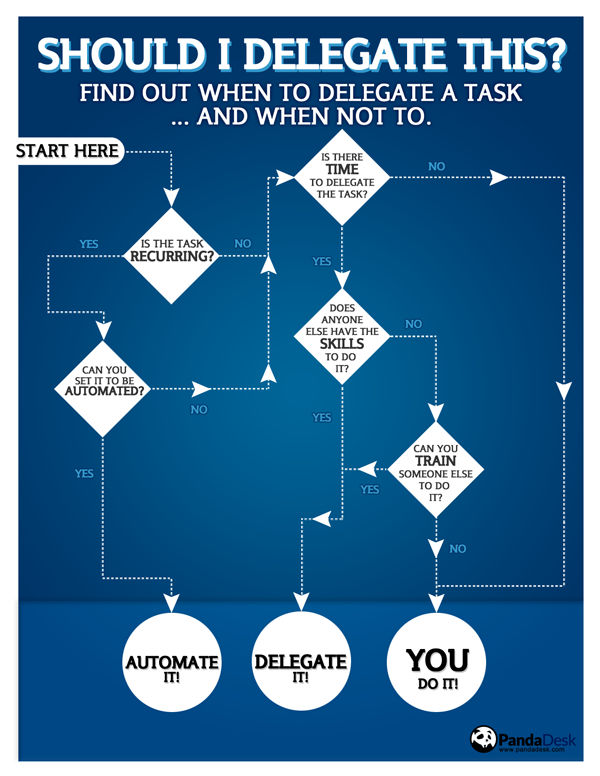If you were to survey a room full of professionals, there wouldn’t be too many who would say they don’t feel overworked or overwhelmed, at least some of the time. Managing our professional and personal lives is a problem we all struggle with. At the end of the day, the only person who is going to keep you from feeling overworked and overwhelmed is you. To pull it off, you must commit to intentionally managing your time so you have a fighting chance of showing up and doing your best work or being your best self. Here are some strategies to rid professional overwhelm and get control of your life.
Play #1: Ground yourself in the present.
Schedule specific times to look ahead and make plans for the future. When you are outside of those preset times, focus on what you are doing in the moment.
Play #2: Prioritize continuously.
Challenge your daily tasks. Don’t do things because that is what you’ve always done or because it is tradition. Do it because it helps you get closer to your most important goals. Do you need to respond to the email right this second? Do you need to schedule this meeting? Do you need to stay late tonight? In many cases you don’t, but you do anyway simply because that’s what you’ve always done or you haven’t taken the time to brainstorm alternatives or other options. Remove as many “nice to do” tasks from your routine and you will find more time to focus on tasks that really matter.
Use the Franklin-Covey method of assigning a priority tag to each task:
A—urgent and important
B—important but not urgent
C—urgent but not important
D—not urgent or important
Categorize each task with one of these tags. At the beginning of each day, focus on your A’s first. If you get those done, move to the B’s, then the C’s.
Play #3: Delete or delegate.
When looking at your to-do list, become comfortable with deleting or delegating tasks that you keep putting off and have no consequence if they do not get completed. Not sure what to delegate? Take a look at the delegation decision map below.

Play #4: Periodically place your brain on pause.
No one can or should be on 24/7. When your brain runs overtime with thoughts it gets tired just like your body does when you exercise for a long period of time. Switch your thoughts off occasionally. Take a walk. Do a mindless chore. Do some exercise. Do something where your body goes on autopilot. You’ll be surprised how productive and creative you be when you allow your brain to pause. Consider brainstorming a “pleasure list.” A pleasure list consists of activities that make you feel phenomenal when you do them. Here are a few ideas to inspire you:
- Catch a weekend matinee movie
- Take a hot yoga class
- Make a playlist of your favorite songs
- Go the beach and read a book
- Buy a beautiful card and stamps, then write a letter to a friend
- Buy your favorite magazine and read it cover to cover
- Browse travel websites and create fantasy itineraries for a future trip
- Schedule an hour to gab and catch up with a girlfriend
- Play afternoon catch with the dog
Play #5: Set personal and professional boundaries.
People will not respect your time unless you respect yours first. So, you need to set some boundaries for yourself. Set a time where you will stop working, a specific time where you will go to lunch or take a tea break, certain times you’ll do things with your family, certain times you won’t take calls, etc. Then, let people know those boundaries.
Play #6: Be strategic with saying yes and no.
Always consider the effect of a request on your most important goals. To ensure your yes doesn’t automatically take time away from what you need to get done, consider creating some guidelines by saying, saying, “Yes, but only if…” The same is true with a no response. You can say no but add some stipulations such as “No, but I can…” to make sure the right expectations are set and you don’t deviant from your planned course.
Play #7: Control your distractions.
The list is endless with the amount of distractions you encounter per hour: phone calls, emails, texts, office drop-ins, etc. Schedule blocks of time when you’ll turn off the distractions. The only way to stay on schedule is to work on your own schedule–not on that of other people.
Make conscious shifts in your daily habits and choices to keep overwhelm from taking you down.
What about you? How do you deal with feelings of overwhelm? Have you tried any of these strategies yourself? Let me know in the comments section below.




